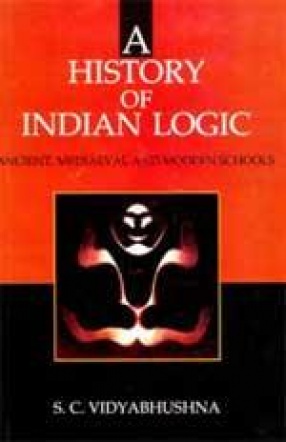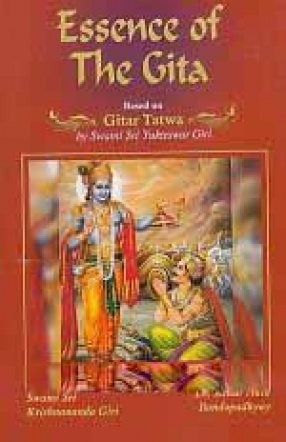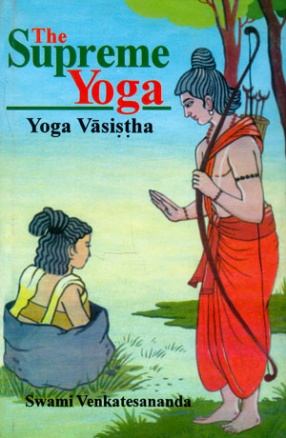A History of Indian Logic: Ancient, Mediaeval and Modern Schools
Synopsis
My object in this volume is to write the history of what is called Nyaya, one of the six schools into which orthodox philosophy in India is divided. The word ‘logic,’ although it is in common parlance held synonymous with Indian Nyaya, is not exactly identical with it logic covers some of the subjects of Nyaya as well as Vaisesika and is not co-extensive with either. Indian Logic has been differently defined in different ages but the definition generally accepted is the science which ascertains valid knowledge either by means of the six sense or by means of the five members of the syllogism; in other words, perception and inference are the subject-matter of Logic. In my anxiety to assign a proper place to Jaina and Buddhistic Logic, which played no inconsiderable part in the development of the science of reasoning in India, I have made a departure from the time-honoured classification of Indian logic into ancient and Modern and have added an intermediate state-thus dividing it into three period. Ancient (650 B.C.-100 A.D.). The standard texts for each of these periods were Nyayasutra by Aksapada, Pramana samuccaya by Dignaga and Tattvacintamani by Gangesa Upadhyaya respectively. The wide popularity of these works is evidenced by the large numbers of commentaries that have been written upon them.
Read more
67.50
60.75
$
75.00 $
Free delivery Wolrdwidе in 10-18 days
Ships in 1-2 days from New Delhi
Membership for 1 Year $35.00
Get it now and save 10%
Get it now and save 10%
BECOME A MEMBER







Bibliographic information